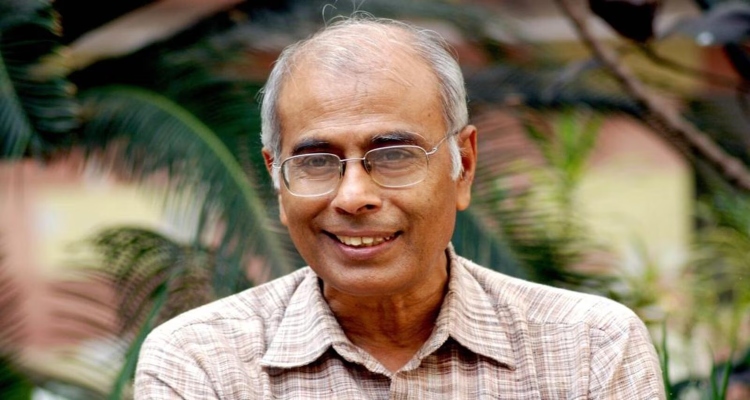
The family of slain social activist Narendra Dabholkar has approached the Bombay High Court to challenge a sessions court judgment that acquitted three individuals in the case.
The appeal, filed by Dabholkar’s daughter Mukta Dabholkar through advocate Abhay Nevagi, also contests the judgment that acquitted two other convicted individuals of charges related to criminal conspiracy and terrorist acts under the Unlawful Activities Prevention Act (UAPA).
Mukta Dabholkar’s appeal claims that her father’s murder was a “well-planned act involving a larger conspiracy.” The plea was heard on Wednesday before a division bench of Justices Revati Mohite Dere and Prithviraj Chavan, which issued notices to all the accused and the prosecuting agency, the Central Bureau of Investigation. The court has scheduled the next hearing for September 23.
In her appeal, Mukta argues that the sessions court failed to recognize that the convicted individuals were members of the right-wing group Sanatan Sanstha, and that the three acquitted individuals were also associated with the outfit. The appeal alleges that the accused conspired to eliminate Dr. Narendra Dabholkar due to his criticism of Sanatan Sanstha, Hindu Jan Jagaran Samiti, and similar organizations.
The appeal challenges the sessions court’s acquittal of Virendra Singh Tawde, Sanjiv Punalekar, and Vikram Bhave. It also contests the acquittal of Sachin Andure and Sharad Kalaskar from charges of criminal conspiracy under the Indian Penal Code, Section 16 of UAPA, and the Arms Act. Dabholkar, the founder of the Maharashtra Andhashraddha Nirmoolan Samiti, which fights superstition, was shot dead by two individuals allegedly linked to Sanatan Sanstha during his morning walk in Pune on August 20, 2013.
On May 10, 2024, a Pune sessions court convicted Andure and Kalaskar of murder and sentenced them to life imprisonment, while acquitting the other three accused. The UAPA charge was leveled only against four of the accused, with Punalekar charged solely with destruction of evidence.
Mukta Dabholkar’s appeal argues that the sessions court erred in finding insufficient evidence to convict the two accused for criminal conspiracy and in ruling that UAPA provisions were not applicable due to invalid sanction. The appeal contends that the sessions court overlooked substantial evidence provided by investigation agencies, which established beyond a reasonable doubt that all the accused were involved in conspiring to murder Dr. Narendra Dabholkar. The plea asserts that the sanction to prosecute under UAPA was duly received by the investigating agency and that there is no record suggesting any illegality in granting it.




